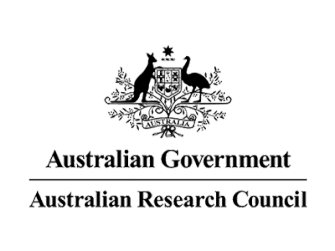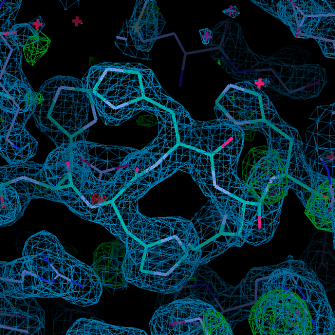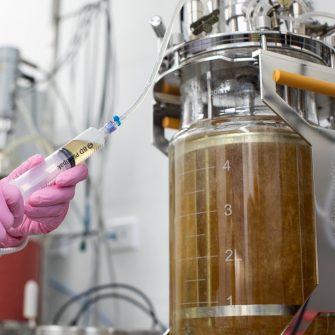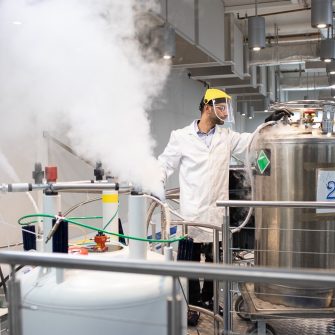Molecular Surface Interaction Lab (MSI)
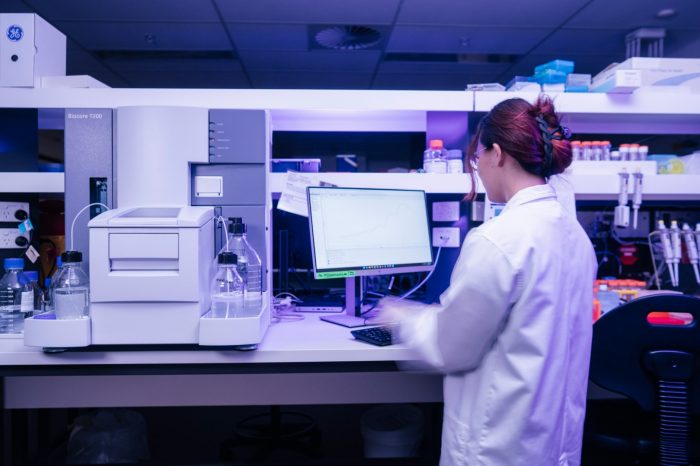
Who we are
Our Molecular Surface Interaction Laboratory houses equipment that analyses interactions on the nanoscale. This includes interactions between proteins, peptides, antibodies, small molecules, carbohydrates, cells and materials.
The lab currently supports users through:
Advice on instrument selection
Advice on experimental design
Training to independently use the instruments
Training to analyse, model, present and interpret data
Assistance with data analysis, presentation and interpretation for publication
Option for staff-operated data acquisition, analysis and interpretation
Acknowledgement obligations
If publications or presentations should arise from work carried out either in part, or in their entirety, within the MSI lab, adequate acknowledgment should be given. The following statement or wording with similar meaning can be use.
The authors acknowledge the Molecular Surface Interaction (MSI) lab within the Mark Wainwright Analytical Centre (MWAC) at UNSW for instrument access and technical assistance
Funding partners:
Capabilities
Instruments
-
Biacore T200 uses an optical technique, surface plasmon resonance (SPR), to measure label-free detection of small molecule/protein/peptide/antibody interactions. The system has four channels and is capable of auto-sampling.
-
BLItz interferometry-based biosensor enables label-free, real-time analysis of protein interactions with minimal sample volume. This single-channel, manually-operated instrument and is ideally suited for simple, low volume experiments and can tolerate crude samples and nanoparticles.
-
Monolith NT.115 uses microscale thermophoresis (MST), which is a biophysical technique that exploits the motion change of molecules in a microscopic temperature gradient during binding events. Monolith NT.115 measures the strength of the interaction between two molecules by detecting variations in the fluorescence signal.
-
QSense Analyzer (Quartz crystal microbalance with dissipation monitoring) uses acoustic and gravimetric techniques that allow label-free, real-time measurement of interactions between surface immobilised materials, molecules or cells with ng/cm2 resolution. The QSense Analyzer system has four channels allowing multiplexing of experiments for high throughput.
-
ECIS Z-Theta measures live cell behaviours continuously in real-time, using electric cell-substrate impedance sensing. By applying an alternating current across patterned gold electrodes with cells attached, ECIS can quantify barrier function, cell proliferation rate, cytotoxicity and migration.
Our people
Fees
- Fees cover instrument operation fees, buffers and general laboratory consumables (excludes sensors or crystals).
- Training fee remains free for all users.
- Minimum instrument booking time is 1 hour.
- Once users are trained to independently operate an instrument, the research group is charged as the below table. The maximum charge for internal user-operation is $2,000 per calendar year per user.
-
Academic
Corporate
User-operation
$ 30
$ 120
Staff-operation
$ 80
$ 180
Please contact msi@unsw.edu.au to discuss your needs or project-based services. Training remains free for all users with standard user-operation rate applied.
How to access
To ensure a smooth and successful induction process, please complete the following steps carefully.
Please note : Failure to do any of the steps below will mean induction is incomplete and access will not be activated.
If you have other questions, please contact the Laboratory Coordinator.
-
Contact MSI manager Dr. Xiaojing Huang prior to registration and induction.
-
After reading the BMSF Lab Manual, complete the relevant questionnaire. A 100% score is required before booking an induction tour, with multiple attempts allowed.
-
Register at MSI and contact Dr. Xiaojing Huang for instrument training.
Contact us
Molecular Surface Interaction Laboratory
Level 2, Biological Sciences
South Building (E26)
UNSW Sydney
Email: msi@unsw.edu.au
We like to hear from you. If you have questions, requests or ideas for collaboration, please complete the contact form and we will be in touch within five business days.
Resources
Get in touch about your project
We offer a range of services that can be tailored to your needs. Please send us an enquiry to get started.


